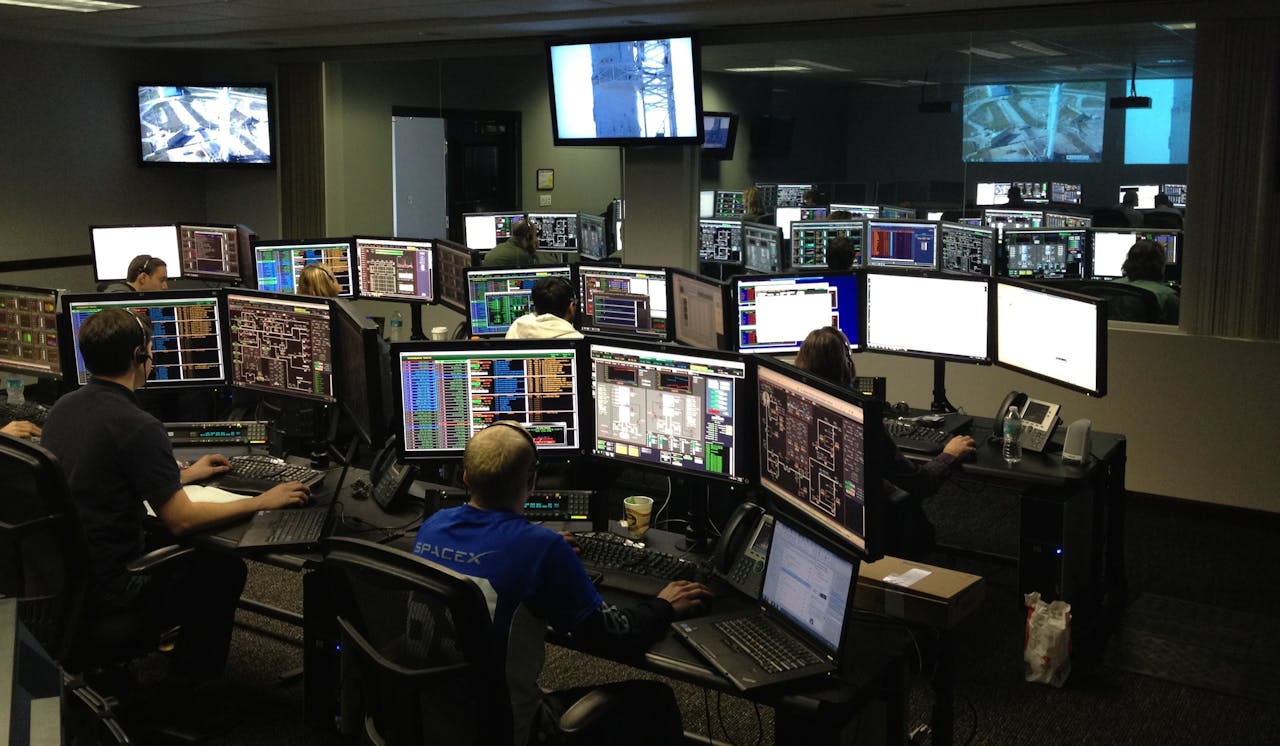How to monitor your APT-repositories with Icinga

Photo by Pixabay: https://www.pexels.com/photo/software-engineers-working-on-computers-256219/
During my series about unattended-upgrades (Part 1, Part 2) I noticed that a Debian Mirror I use was unresponsive for 22 days but I had nothing to notify me of this. As this also meant that unattended-upgrades didn't apply any patches I wanted a check for this which in turn will trigger unattended-upgrades when there are outstanding updates.
The problem
The monitoring-plugins provide the check_apt plugin. This is normally used to check for available packages. However, in the default configuration it doesn't execute an apt-get update as this requires root privileges. Personally I think the risk is worth the gain. As adding the -u parameter will execute an apt-get update and therefore check_apt will notify you when apt-get update finishes with a non-zero exit-code.
Take the following problem:
root@host:~# apt-get update
Hit:1 http://security.debian.org/debian-security bookworm-security InRelease
Hit:2 http://debian.tu-bs.de/debian bookworm InRelease
Get:3 http://debian.tu-bs.de/debian bookworm-updates InRelease [55.4 kB]
Reading package lists... Done
E: Release file for http://debian.tu-bs.de/debian/dists/bookworm-updates/InRelease is expired (invalid since 16d 0h 59min 33s). Updates for this repository will not be applied.A mere check_apt wont notify you of any problems:
root@host:~# /usr/lib/nagios/plugins/check_apt
APT CRITICAL: 12 packages available for upgrade (12 critical updates). |available_upgrades=12;;;0 critical_updates=12;;;0Making this go undetected.
Executed with the -u parameter however, we are notified of the problem:
root@host:~# /usr/lib/nagios/plugins/check_apt -u
'/usr/bin/apt-get -q update' exited with non-zero status.
APT CRITICAL: 12 packages available for upgrade (12 critical updates). warnings detected, errors detected.|available_upgrades=12;;;0 critical_updates=12;;;0The solution
Fixing this via Icinga is however a bit more complicated, as the standard apt CheckCommand from the Icinga Template Library (ITL) doesn't include the -u option and isn't prefixed to use sudo despite root privileges being needed. This can be checked here: https://github.com/Icinga/icinga2/blob/master/itl/command-plugins.conf#L2155 or in your local /usr/share/icinga2/include/command-icinga.conf if you happen to use Icinga.
The root cause is also the number one main problem I have with the check_apt CheckPlugin. check_apt is designed to actually install package updates when check_apt reports outstanding available updates. This however breaks the number one paradigm I have regarding monitoring systems: They should not modify the system on their own. And when they do, they should do it in the same way as it is normally done. check_apt breaks this.
Maybe that person should have read a blog article about unattended-upgrades prior to writting that plugin? 😜
Normally you utilize Event Commands for that type of scenario: "If service X is in state Y execute event command Z."
The CheckCommand check_apt_update
Therefore I recommend creating your own apt_update CheckCommand and using that.
object CheckCommand "check_apt_update" {
command = [ "/usr/bin/sudo", + PluginDir + "/check_apt" ]
arguments = {
"-u" = {
description = "Perform an apt-get update"
}
}
}
Defining the service and configuring the EventCommand
Then in your service definition add a suitable event_command:
apply Service "apt repositories" to Host {
import "hourly-service"
check_command = "check_apt_update"
enable_event_handler = true
// Execute unattended-upgrades automatically if service goes critical
event_command = "execute_unattended_upgrades"
// For services which should be executed ON the host itself
command_endpoint = host.vars.agent_endpoint
assign where host.vars.distribution == "Debian"
}Creating the EventCommand
And create the EventCommand like this:
object EventCommand "execute_unattended_upgrades" {
command = "sudo /usr/bin/unattended-upgrades"
}Necessary sudo rights
This requires a sudo config file for the icinga user executing that command. And the commands must be executable without the need for a TTY, hence we end up with the following:
root@host:~# cat /etc/sudoers.d/icinga2
# This line disables the need for a tty for sudo
# else we will get all kind of "sudo: a password is required" errors
Defaults:icinga2 !requiretty
# sudo rights for Icinga2
icinga2 ALL=(ALL) NOPASSWD: /usr/bin/unattended-upgrades
icinga2 ALL=(ALL) NOPASSWD: /usr/bin/unattended-upgrade
icinga2 ALL=(ALL) NOPASSWD: /usr/bin/apt-get
icinga2 ALL=(ALL) NOPASSWD: /usr/lib/nagios/plugins/check_aptConclusion
This is now sufficient as I'm notified when something prevents APT from properly updating the package lists. APT itself takes care to validate the various entries inside the Release file and exits with a non-zero exit-code, so there is no need to put that logic inside of check_apt.
Setting up similar checks for other monitoring systems is of course also possible. In general raising an alarm when apt-get update throws an non-zero exit-code is a somewhat foolproof method.